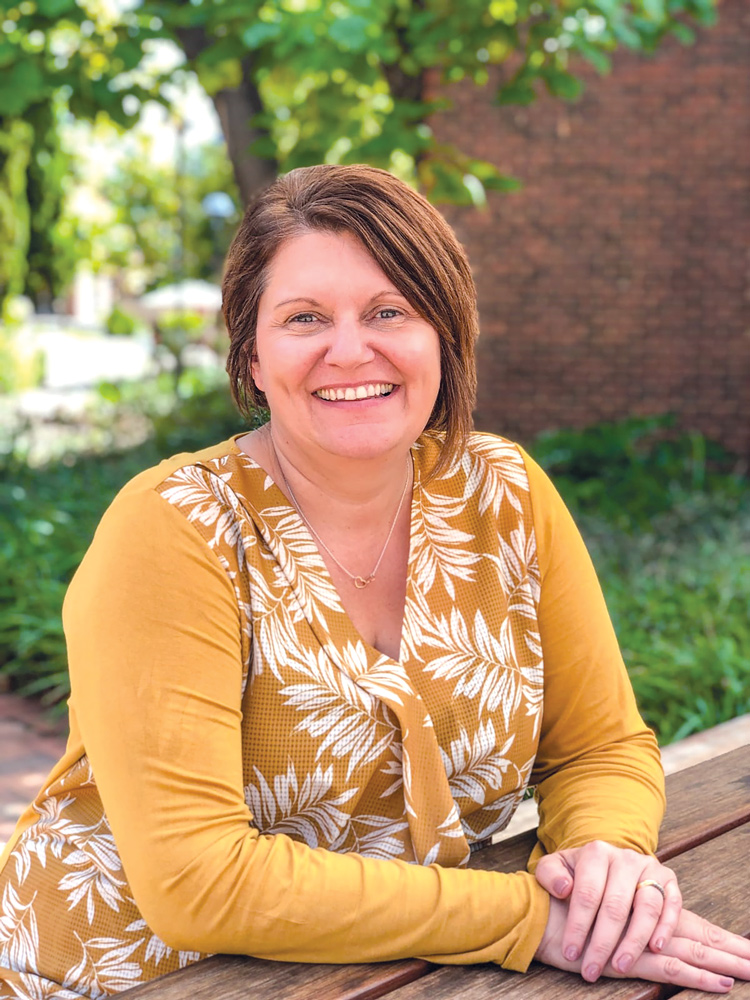Focusing in on chronic kidney disease, WA Country Health Service and Curtin University have joined forces to drive research that addresses the needs of geographically disadvantaged patients where the burden of disease is greatest.
Focusing in on chronic kidney disease, WA Country Health Service and Curtin University have joined forces to drive research that addresses the needs of geographically disadvantaged patients where the burden of disease is greatest.
With about 90% of cases of early-stage chronic kidney disease going undetected, the newly formed WACHS and Curtin University Research and Innovation Alliance is using large datasets to fill in information gaps and allow better ways to identify, manage and understand disease progression. This will enable the right care to be provided to patients at the right time.
The move will see the linking of data from four major WA pathology providers to hospital records and establish a continuous medical record for individuals with biochemical markers for chronic kidney disease.
Chronic kidney disease affects people living in rural and remote areas at almost twice the rate of city dwellers – and Aboriginal people at more than four times the rate.

The project will provide data on the outcomes of patients, from early stages to hospitalisation, to inform evidence-based clinical recommendations and guide the allocation of resources. It aims to prevent later stage disease.
“Diagnosing and managing kidney disease is challenging, particularly in regional areas,” said Alliance Curtin lead Professor Suzanne Robinson.
“Using this linked data resource, the research team will be able to quantify the volume of individuals in the community with early-stage disease for improved health intervention design and implementation, service and resource allocation, and gain a greater understanding of the epidemiological factors associated with the progression of the disease.”
Combining data from state-wide clinical datasets with information on all individuals affected by chronic kidney disease in WA from 2022, the Improving Chronic Kidney Disease Outcomes Through Linked Data Modelling project is being led by WACHS, Curtin University, WA Department of Health and WA Primary Health Alliance.
Rural and remote health inequalities include:
- Poorer health outcomes
- Higher levels of socio-economic disadvantage
- Access to health care services and innovative interventions
- Maldistribution of workforce
- Attracting and retaining clinicians and researchers that drive a culture of innovation
- Aboriginal people have a shorter life expectancy and worse health outcomes than non-Aboriginal people.
“Western Australia, with geographical and digital isolation, necessitates innovative solutions to provide equitable and effective care for regional and remote consumers,” Prof Robinson said.
She said the alliance was a new model for how universities and health services could work together to develop research priorities, attract external funding for research and help commercialisation within the innovation ecosystem. It was a way to build the current and future regional health workforce through education projects and programs that focused on the challenges of delivering healthcare in regional and remote settings.
“We believe with the right investment, collaborations across the regional health system and health research sector, and commitment of partners we can work to address disadvantage through improved access to services, a more stable health workforce, implementation and evaluation of new models of care that better serve patients and better equitably resourced health services and health outcomes overall,” she said.
The alliance is also working to quickly upskill frontline workers who deliver telehealth services, to meet increased demand due to the COVID-19 pandemic.
Rural Doctors’ Association WA president Dr Brittney Wicksteed said it was “fantastic” to see such dedicated efforts to improve the health outcomes and health experiences of those living in the bush.
“This will complement the current and future medical graduates as more job opportunities are available in the regions, delivering care to people all over the State, while enabling doctors to contribute research,” she said.

